You need a Business Continuity Plan
There is nothing more embarrassing or costly as not having a backup plan. Worse still, when you can not assure your customers and stakeholders that you can remain in business at an acceptable level even in the face of disruption. This article examines why you may need a business continuity plan. The earlier the better.


A business continuity plan (BCP) is a documented set of procedures and strategies that outline how an organization will maintain or resume its critical business functions during and after a disruptive event. It is designed to ensure that essential operations can continue or be restored as quickly as possible in the event of a crisis, disaster, or any situation that poses a threat to normal business operations. A business continuity plan provides a roadmap for an organization to respond to and recover from disruptions, minimize downtime, protect critical resources, and maintain the trust and confidence of stakeholders. It helps organizations navigate through crises with resilience, ensuring the continuity of essential operations and minimizing the negative impacts on business operations, reputation, and customer trust.
Do I need a continuity plan?


The short answer is YES. Regardless of size, location or business type, we highly recommend the design and implementation of a business continuity plan. Why you may ask? Well...
It helps you understand your continuity risks
It helps you prepare for the unknown and remain prepared
Emerging risks are unpredictable and often arise from new technologies, changing market dynamics, or global events. Organizations need to identify and assess these risks to develop effective strategies for mitigating their potential impact. Conducting a thorough risk assessment is the first step towards understanding the potential threats and vulnerabilities that may arise.
A comprehensive risk assessment involves evaluating various dimensions of emerging risks. Organizations should consider factors such as cybersecurity vulnerabilities, climate change impacts on supply chains, the potential for pandemics affecting workforce continuity, or geopolitical shifts disrupting international operations. By analyzing these risks, organizations can prioritize their efforts and allocate resources to address the most critical areas.
Though one cannot effectively prepare for all eventualities, a Business continuity plan allows organizations prepare against its risk profile. Scenario planning enables organizations to envision potential future scenarios related to emerging and its inherent risks. By creating hypothetical situations, and testing them against adopted continuity controls, organizations can develop strategies and response plans that would be effective in different scenarios. For instance, organizations can simulate a cyber-attack, extreme weather event, or geopolitical tension and evaluate their preparedness and response capabilities. Through scenario planning & testing, organizations can identify gaps, refine their strategies, and enhance their overall resilience.
Developing robust response strategies is crucial for business continuity in the face of emerging risks. Organizations should establish clear protocols and procedures to address each identified risk. For example, in the case of a cybersecurity threat, organizations should have incident response plans, backup and recovery processes, and regular security awareness training for employees. Similarly, for climate-related risks, organizations can implement measures like diversifying supply chains, investing in sustainable practices, and ensuring business operations are adaptable to changing environmental conditions. Flexibility, agility, and collaboration are key elements of effective response strategies.
There is always room for improvement
Preparing for continuity risks is an ongoing process. Organizations should regularly review and update their risk assessments, scenario plans, and response strategies to account for the dynamic nature of emerging risks. By staying informed about industry trends, monitoring global events, and leveraging insights from experts, organizations can adapt their plans to address new risks as they emerge.
Investing time and resources into business continuity planning for emerging risks, organizations can navigate the uncertain landscape with confidence, protect their assets, and maintain their operations in the long run. Remember, the key to effective business continuity planning lies in staying vigilant, adaptable, and continuously improving your strategies to address the emerging risks that may lie ahead


Be ready & stay ready
Resilience is like a rubber duck – it keeps floating no matter how many waves come crashing.
Every organization needs a rubber duck
In an ever-changing world, organizations face an array of emerging risks that can significantly impact their operations and continuity. From cybersecurity threats to climate change, pandemics, and geopolitical disruptions, the ability to proactively prepare for these unknown risks is crucial. By implementing effective business continuity planning, organizations can navigate these challenges with resilience and agility. In this blog post, we will explore how organizations can prepare for emerging risks by conducting risk assessments, engaging in scenario planning, and developing response strategies.


Business continuity ?


Continuity & Resilience Planning makes good business sense. You'll enhance your business's reputation, increase customer and employee confidence, and by making sure your organization can restore its operations in a timely , secure manner, saving the organization both time and money. At Risk Response Africa, we offer insights into Business Continuity & Resilience management best practices and provide end to end advisory services for organizations seeking to establish and or optimize their Business continuity management programs.



